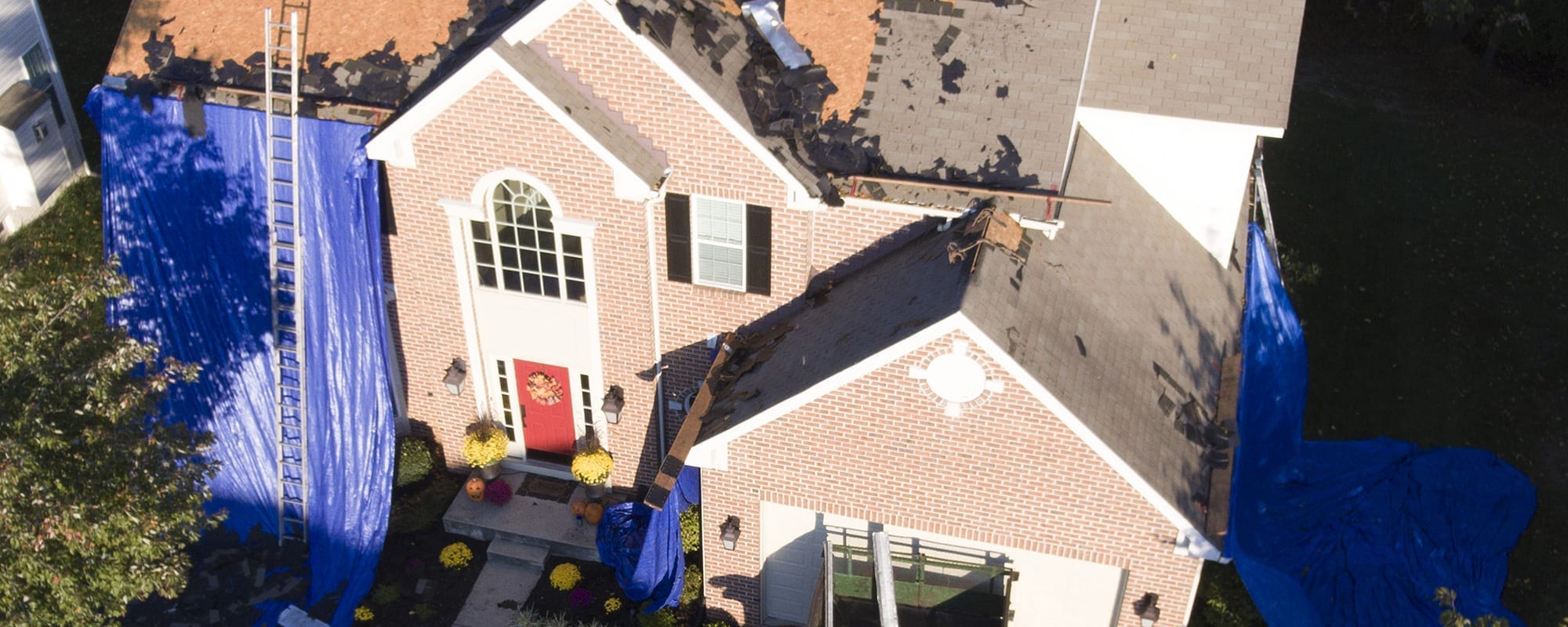When it comes to roofing and construction projects, entering into a contract is essential for both parties involved. A well-drafted contract outlines the scope of work, timeline, cost, and other important details that govern the project. However, understanding these contracts can be overwhelming for those who are not familiar with the language and terms used in the construction industry.
One of the key components of a roofing or construction contract is the scope of work. This section outlines in detail what work will be performed by the contractor. It should include specifics such as materials to be used, dimensions, and any special requirements or considerations for the project. By clearly defining the scope of work, both parties can avoid misunderstandings or disputes down the line.
Another important aspect of a roofing replacement atlanta or construction contract is the timeline. The timeline specifies when work will begin and end, as well as any milestones or deadlines that need to be met along the way. Having a clear timeline helps keep both parties accountable and ensures that the project stays on track.
Cost is another critical component of a roofing or construction contract. The contract should outline all costs associated with the project, including labor, materials, permits, and any additional fees that may arise during construction. It’s important to have a detailed breakdown of costs so that both parties understand exactly what they are paying for.
In addition to these key components, there are several other provisions commonly found in roofing and construction contracts. These may include warranties on materials or workmanship, payment schedules, insurance requirements, dispute resolution mechanisms, and termination clauses.
Understanding these provisions is crucial for protecting your interests as a homeowner or property owner. For example, warranties ensure that you have recourse if there are issues with your roof or construction project after completion. Payment schedules help you budget effectively and ensure that payments are made in a timely manner.
Insurance requirements protect both parties in case of accidents or damage during construction. Dispute resolution mechanisms provide a roadmap for resolving conflicts without resorting to costly litigation. And termination clauses outline under what circumstances either party can end the contract early.
Overall, having a solid understanding of roofing and construction contracts is essential for ensuring that your project runs smoothly from start to finish. By carefully reviewing each provision with your contractor before signing on the dotted line,you can protect yourself from potential pitfalls down theroad .
1 Source Roofing and Construction
2462 Crescent Park Ct, Atlanta, Georgia, 30339
678-647-9919
